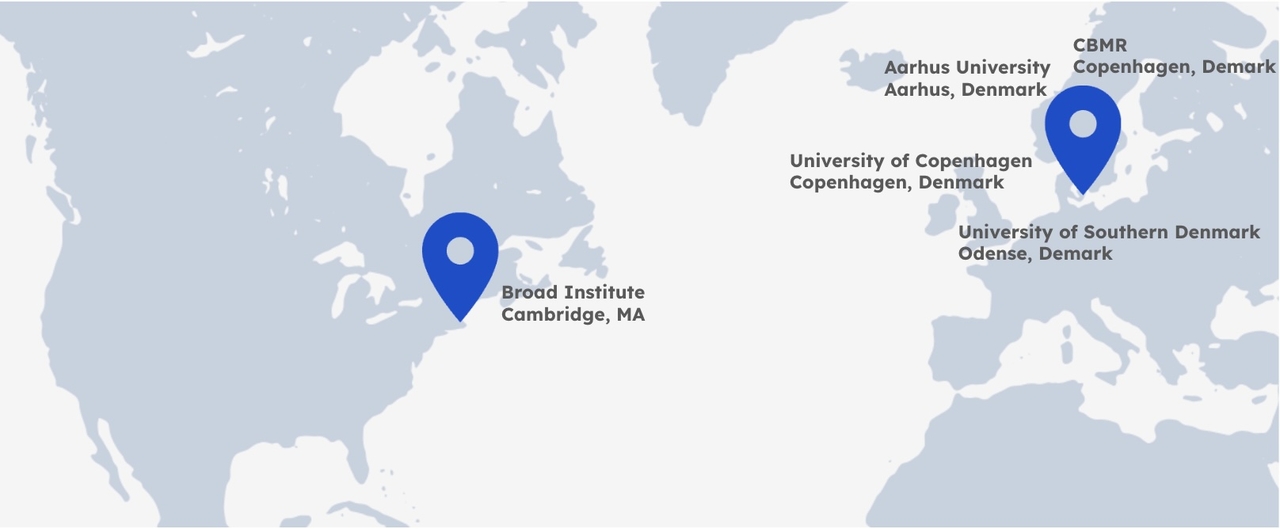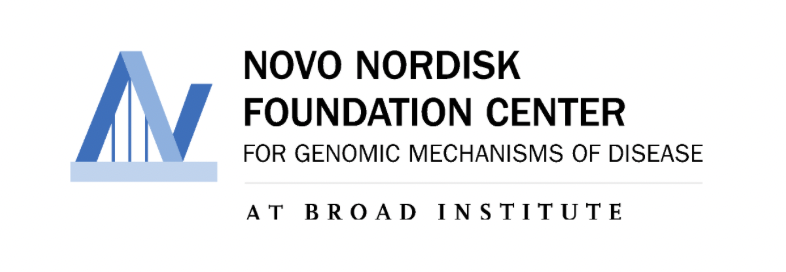About Us
Our Mission
Since the human genome was sequenced in 2001, scientists have discovered hundreds of thousands of locations in the genome that are associated with the risk of common diseases such as obesity, type 2 diabetes (T2D), and cardiovascular disease, raising hopes for treatments that address the root causes of disease. But converting locus associations into specific genes and biological mechanisms—which lead to therapeutic hypotheses and targeted treatments for patients—has been historically difficult. Thanks to significant advances in genomics, cell models, data sciences, and machine learning and AI, scientists now have the opportunity to begin to do this work at scale. Doing so will unlock the next wave of genetically anchored and biologically based medicines, and dramatically improve the lives of millions worldwide.
Launched in 2021, the Novo Nordisk Foundation Center for Genomic Mechanisms of Disease at the Broad Institute (NNF Center at Broad) seeks to empower the global scientific community to achieve this ambitious goal by unraveling the genomic mechanisms of cardiometabolic disorders and developing paradigms for prosecuting genes to mechanisms that can serve as a model for other common complex diseases. In the first phase of the Center, our scientific activities were organized under two highly synergistic transformative scientific directions: Flagship Disease Projects (FDP) and the Human Gene Regulation Map (HGRM).
Our Projects
Human Gene Regulation Map (HGRM)
The Human Gene Regulation Map (HGRM) seeks to generate disease-relevant cellular models and use them to construct comprehensive maps of gene regulation in cell types associated with metabolic disease. These maps are envisioned as a foundation for inferring general regulatory rules and building accurate, generalizable machine-learning models to extend these insights across all human cell types.
Flagship Disease Project (FDP)
The Flagship Disease Project (FDP) is focused on uncovering all the genes involved in Type 2 diabetes and obesity and understanding how genetic variants contribute to disease mechanisms. To achieve this, we focused on creating innovative, scalable variant-to-function (V2F) approaches that provide the T2D and obesity research communities with novel, actionable insights.
Our Collaborations

Our home in the United States is within The Broad Institute, located in Cambridge, MA. We work in collaboration with a number of Danish Institutes including Aarhus University, University of Copenhagen, University of Southern Denmark, and The Novo Nordisk Foundation Center for Basic Metabolic Research.
